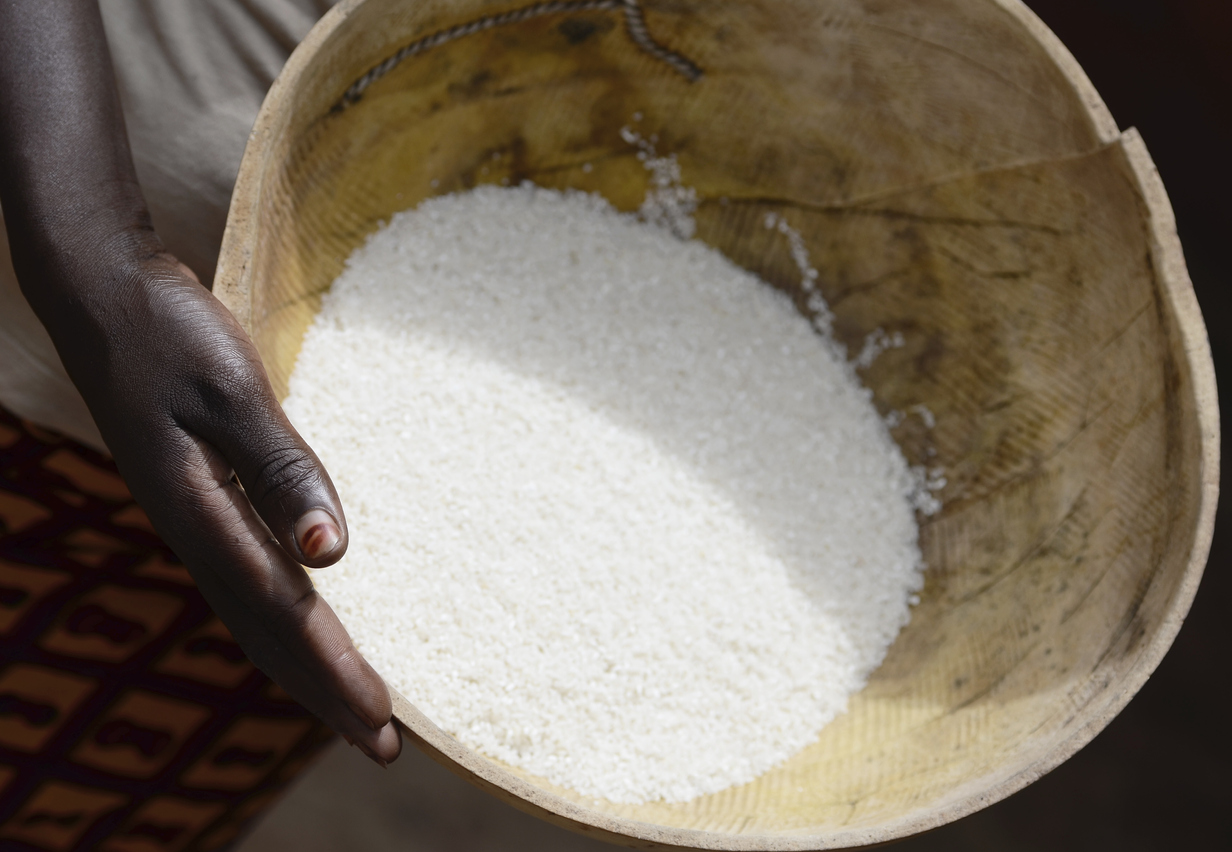A Closer Look at Food Insecurity in Nigeria: Challenges and Solutions
A Closer Look at Food Insecurity in Nigeria: Challenges and Solutions
Food insecurity is a major problem in Nigeria, with an estimated 25 million people facing hunger and malnutrition. This issue is particularly concerning considering that Nigeria is the most populous country in Africa and one of the world’s biggest economies. Unfortunately, the nation is facing a number of challenges that prevent it from providing adequate food security to its citizens. These challenges include poverty, poverty-related illnesses, climate change, and a lack of infrastructure. In this article, we take a closer look at food insecurity in Nigeria and discuss some of the potential solutions that could help to address the problem. We also explore the current government initiatives and how they are helping to reduce the level of food insecurity in the country. By examining the current situation, we can gain a better understanding of the issues and work towards finding solutions that will enable Nigeria to ensure the food security of its citizens.
Challenges Faced by Nigeria
Nigeria faces a number of challenges that have contributed to the country’s food insecurity. These challenges include poverty, poverty-related illnesses, climate change, and a lack of infrastructure. Poverty is a major problem in the country, with an estimated 80% of the population living in poverty. This poverty is not only a financial issue, but also a social one. It creates a culture where people are stigmatized and marginalized, which in turn reduces their ability to access adequate healthcare and education. This, in turn, makes it more difficult for them to break the cycle of poverty. Poverty-related illnesses such as malaria, tuberculosis, and HIV/AIDS affect almost a third of the population, further exacerbating food insecurity. Malaria alone is responsible for the deaths of thousands of people each year, and the disease remains a challenge in many parts of Nigeria. Climate change is expected to disrupt crop production in Nigeria over the coming years, which will make it even more difficult for many people to access adequate food. This could lead to more food insecurity in parts of the country. A lack of infrastructure also presents a challenge in Nigeria. Parts of the country lack the transportation and storage facilities that would enable them to buy and store more food. Poor road networks and lack of rail infrastructure can also make it more difficult to transport food to remote areas where it is most needed.
Causes of Food Insecurity
Food insecurity in Nigeria is caused by a lack of access to nutritious food, as well as a lack of sufficient income to buy the food that is available. Availability of Nutritious Food – Many areas in Nigeria are lacking in nutritious food due to poor agricultural practices. Poor soil conditions, a lack of agricultural extension services, and poor government management of agricultural policies are all factors that have contributed to this. As a result, many areas are lacking in sufficient quantities of nutritious food. Sufficient Incomes for Food – Although there is nutritious food available, many people in Nigeria do not have sufficient incomes to buy the food that they need. This is partly as a result of the recent economic recession.
Government Initiatives to Address Food Insecurity
The Nigerian government has launched a number of initiatives to address food insecurity across the country. Some of these include the National Food Security Policy, the National Cotton Sector Transformation Roadmap, and the National Agriculture Transformation Programme. The National Food Security Policy was launched in June 2016 and aims to provide 100 million people with access to nutritious food. The policy was designed to reduce the number of people who do not have adequate access to food by half. This was subsequently updated in March 2019 to include an additional 50 million people. This policy seeks to address the issue of food insecurity by increasing the production of nutritious food, increasing the access to nutritious food, and reducing the prices of nutritious food. It also aims to use these to reduce levels of poverty and hunger in the country. The National Cotton Sector Transformation Roadmap aims to improve the competitiveness of the country’s cotton sector. Cotton is a big part of the country’s agriculture sector, and the government aims to use this initiative to help improve the sector overall. It aims to make the country self-sufficient in terms of cotton production and improve the incomes of cotton farmers. This in turn will help to address food insecurity in the country.
Potential Solutions to Reduce Food Insecurity
There are a number of potential solutions that could help to reduce food insecurity in Nigeria. These include improving the agricultural sector, increasing access to nutritious food, and reducing the price of nutritious food. Improving the Agricultural Sector – Improving the agricultural sector in Nigeria is one way to reduce food insecurity in the country. This can be done through better agricultural management practices and better governance of the sector. Raising Awareness About Nutrition – Raising awareness about nutrition and healthy eating could also help to reduce food insecurity in Nigeria. This would make people more aware of the foods that they need to be consuming in order to get the nutrients that they need. It could also lead to people choosing more nutritious foods.
The Role of International Aid and Development Organizations
International aid and development organizations can play an important role in helping to reduce food insecurity in Nigeria. These organizations could work with the government to improve agricultural management practices. They could also try to increase the availability of nutritious food in areas that are lacking in this. Finally, they could help to reduce the price of nutritious food in areas where it is too expensive for many people to purchase it. While Nigeria has made some progress towards addressing the issue of food insecurity, there is still a lot of work to be done. International aid and development organizations could play an important role in helping to reduce food insecurity in the country.








LEAVE A COMMENT
You must be logged in to post a comment.